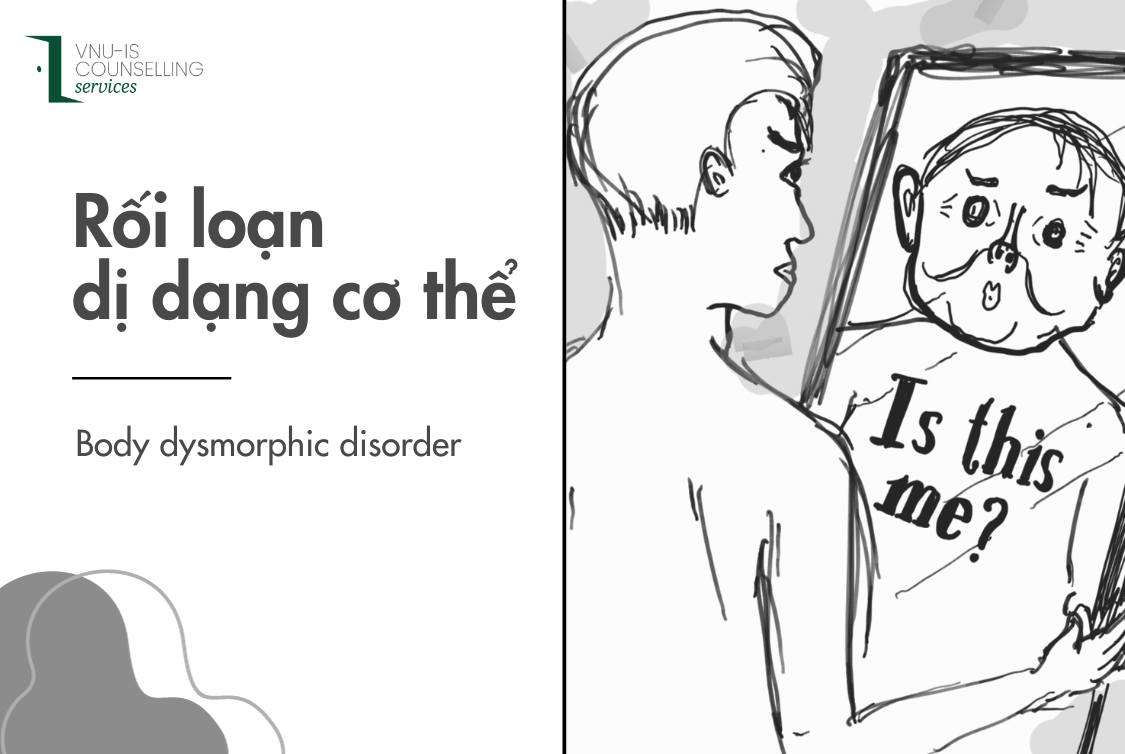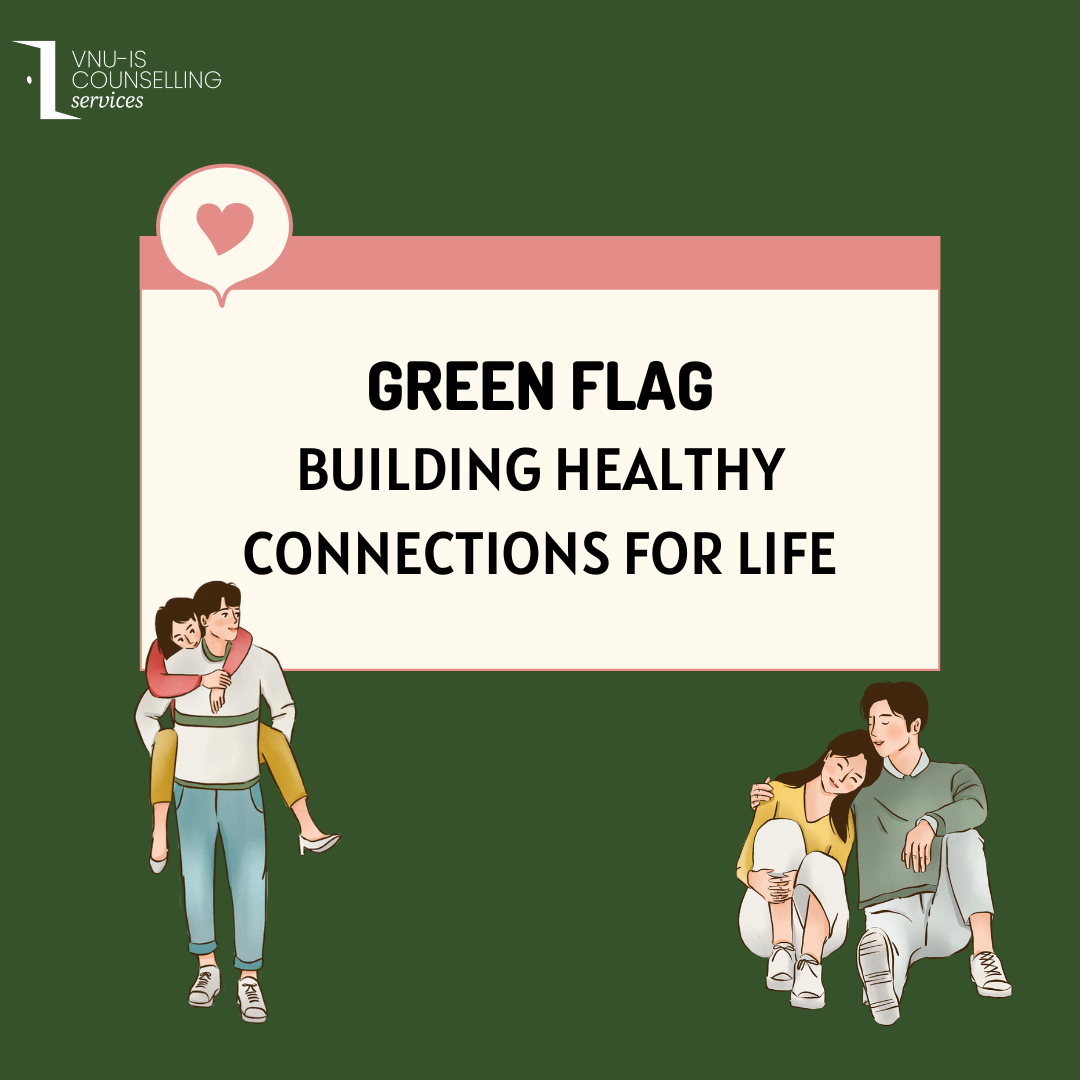
Gaslighting is an insidious form of manipulation and psychological control. Victims of gaslighting are deliberately and systematically fed false information that leads them to question what they know to be true, often about themselves. They may end up doubting their memory, their perception, and even their sanity. Over time, a gaslighter’s manipulations can grow more complex and potent, making it increasingly difficult for the victim to see the truth.
Gaslighting can occur in personal or professional relationships, and victims are targeted at the core of their being: their sense of identity and self-worth. Manipulative people who engage in gaslighting do so to attain power over their victims, either because they simply derive warped enjoyment from the act or because they wish to emotionally, physically or financially control their victim.
Please refer to the attached pictures for further information on the subject matter.
How does gaslighting begin?
A relationship with a gaslighter may seem to start out quite well. They may praise the victim on a first date and immediately confide in them. Such disclosure, before any intimacy has been established, establishes trust quickly; it’s part of a tactic known as love bombing. The more quickly a victim becomes enamored, the more quickly the next phase of manipulation can begin.
-------
What are a gaslighter’s tactics?
A gaslighter will initially lie about simple things, but the volume of misinformation soon grows, and the gaslighter may accuse the victim of lying if he or she questions the narrative. They typically deploy occasional positive reinforcement to confuse the victim, but at the same time, they may attempt to turn others against the victim, even their own friends and family, by telling them that the victim is lying or delusional.
-------
How do you know that you're being gaslighted?
A victim experiences increased self-doubt as the gaslighter insists that what he or she remembers, thinks, and feels is wrong. The manipulative individual will introduce lies in more sensitive arenas, aiming to disrupt and distort foundational aspects of the victim’s being, wearing them down, establishing confusion, and forcing them to rely on the gaslighter’s version of reality.
-------
Is gaslighting ever unintentional?
It is possible for an individual to manipulate someone without realizing they are doing so. Importantly, though, the gaslighter still enjoys wielding control over the mind and behavior of the victim, even if they cannot articulate or acknowledge this fact. Some people engage in manipulative behavior because they witnessed it frequently as a child, most often in their parents. Regardless of a gaslighter's level of self-awareness, the behavior is never acceptable, and ignorance of the phenomenon should not be accepted as an excuse for manipulative actions.
-------
How to Recognize a Gaslighter
Gaslighting can be more effective and successful than many people imagine. Almost anyone can be susceptible to gaslighting tactics, which have been deployed throughout history, and continue to be used today, by domestic abusers, dictators, narcissists, and cult leaders. The most effective gaslighters are often the hardest to detect; they may be better recognized by their victims' actions and mental state.
-------
Leaving a Gaslighter
A primary goal of gaslighters is to keep the victim hooked. If a victim disagrees with or questions their abuser, he or she may try to make themselves seem as if they themselves are being victimized by their targets. Alternatively, they may try to lure a partner back with positive reinforcement. They may also explain how things are going to change between them. But soon after the victims agree to stay, things tend to go back to the way they were. Many people eventually find a way to escape a gaslighter’s influence, leaving the manipulator to search for a new target; often, they already have another victim in mind.
-------
How does gaslighting change a victim?
Gaslighting can be psychologically devastating. It violates trust, upends a person’s view that people are generally good, and can make them suspicious of everyone who is close to them. Falling victim to a gaslighter also erodes a person’s trust in themselves and makes them forget what they once valued about themselves; after all, it’s easy to blame themselves for having been too trusting, vulnerable, or dependent. The experience may make a victim never want to be part of a relationship again.
Top















